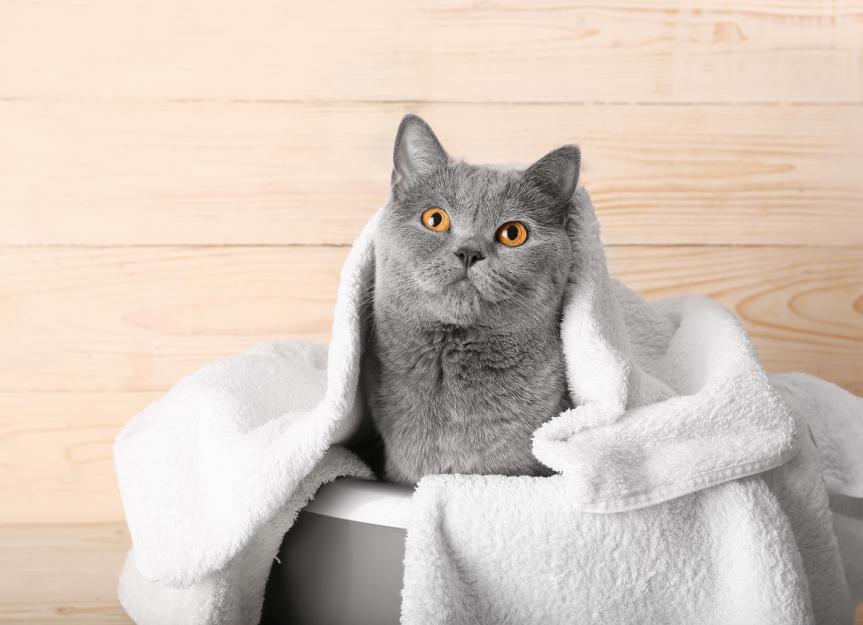Adopting a cat is a wonderful and rewarding experience, bringing joy and companionship into our lives. However, it’s not uncommon for cat parents to make mistakes that can negatively impact their furry friends’ health, well-being, and happiness. Understanding these common missteps and learning how to avoid them can ensure that your cat leads a long, healthy, and satisfying life. Here are five mistakes often made by cat parents and tips on how to avoid them.

1. Neglecting Regular Veterinary Visits
One of the first mistakes many cat parents make is underestimating the importance of regular veterinary visits. Unlike dogs, cats are notoriously good at hiding their health issues, meaning that by the time they show symptoms, they could be facing serious health problems.
How to Avoid This Mistake:
Make it a point to take your cat to the veterinarian at least once a year for a wellness check-up. This visit typically includes vaccinations, dental check-ups, and early screenings for common health issues such as kidney disease or diabetes. If your cat is older or has pre-existing health conditions, more frequent visits might be necessary. Additionally, don’t hesitate to contact your vet if you notice any changes in your cat’s behavior or appetite, as this could indicate an underlying issue.
2. Feeding the Wrong Diet
Another common mistake is feeding the wrong diet. Many cat parents may not realize that cats are obligate carnivores, which means they require a diet primarily made up of meat. Additionally, some cat food brands may contain fillers or low-quality ingredients, which can lead to obesity or nutritional deficiencies.
How to Avoid This Mistake:
Do your research and select a high-quality cat food that lists meat as the first ingredient. Consult your veterinarian for recommendations based on your cat’s age, weight, and health. Remember to always measure food portions to prevent overeating, as obesity is one of the leading health concerns for cats. Lastly, be wary of human food that may be toxic to cats, including chocolate, onions, garlic, and grapes.
3. Not Providing Enough Enrichment
Cats are intelligent creatures that require mental and physical stimulation to flourish. A common mistake is failing to provide enough enrichment, which can lead to boredom and stress-related behaviors, such as excessive meowing, scratching furniture, or even aggression.
How to Avoid This Mistake:
Invest in a variety of toys that cater to your cat’s instincts, such as scratching posts, interactive puzzles, and feather wands. Rotate the toys regularly to keep things interesting. Additionally, consider implementing playtime sessions into your daily routine to foster a strong bond with your cat while giving them the exercise they need. Consider providing vertical space through cat trees or shelves, as many cats love to climb and survey their surroundings.
4. Ignoring Litter Box Maintenance
Keeping the litter box clean is crucial for your cat’s happiness and health. A common mistake made by cat parents is neglecting litter box maintenance, which can lead to improper elimination habits. Cats are very particular about their bathroom habits, and a dirty litter box can deter them from using it.
How to Avoid This Mistake:
Aim to scoop the litter box at least once a day and change the litter at least once a week. Ensure you have enough litter boxes in your home— the general rule is one box per cat plus one additional box. If you have multiple cats, make sure each has access to their own space to reduce territorial stress. Additionally, be attentive to the type of litter you are using; some cats have preferences for certain textures or scents.
5. Not Spaying or Neutering
Finally, one of the most significant mistakes cat parents can make is not spaying or neutering their cats. Unaltered cats may exhibit a variety of unwanted behaviors, including yowling, spraying, or trying to escape to find a mate. Furthermore, failing to spay or neuter can contribute to overpopulation and countless homeless cats.
How to Avoid This Mistake:
If you have a kitten, plan to have them spayed or neutered as soon as they are old enough, typically around six months of age. If you adopt an adult cat that has not been spayed or neutered, make this a priority for their health and well-being. Spaying or neutering not only helps control the cat population but reduces the risk of certain health issues, such as mammary tumors in females and urinary problems in males.
Conclusion
Being a cat parent comes with immense responsibility, and learning from common mistakes can greatly enhance the quality of life for your feline friend. Regular veterinary care, a well-balanced diet, proper enrichment, litter box maintenance, and spaying/neutering are essential components in ensuring your cat’s health and happiness. By avoiding these pitfalls, you can foster a loving and nurturing environment for your beloved pet, allowing them to thrive as part of your family. Remember, a happy cat leads to a happy home!






